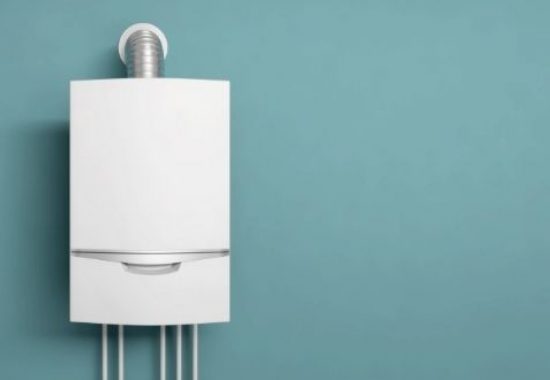
The UK has been plunged into another lockdown this month due to the rise in COVID-19 cases. However, while our lockdowns are only temporary, this pandemic will have a lasting impact on how we use and regulate electric water heating.
It’s become clear to many companies that remote working is here to stay even when we are allowed to return to office buildings. There’s a growing demand for it from employees, backed by evidence that it works. Because of this, employers are adapting their office spaces, in many instances reducing capacity and opening hours.
They will also look to evaluate and modify energy management to reduce building running costs. We should expect to see more demand for smart technology that can help to ensure that buildings are managing their hot water provision intelligently.
One of the biggest benefits of cutting down office hours will be the reduction in running costs. However, this will only be effective if the right technology is in place to cater for new working patterns. Smart thermostat controls, for example, will play a big part in helping to minimise the whole-life-cost of a building’s hot water system.
There’s a huge difference between the conventional hot water cylinder thermostats and the smart ones we have available today. A conventional thermostat will turn the heater on and off at a set time, but a smart one can do so much more.
Smart thermostat controls have the ability to recognise and self-regulate based on demand. The system effectively maximises energy savings by ‘learning’ usage patterns within the first couple of weeks after installation. Some models also have a vacation mode to ensure that output continues to match demand even when there’s a change in behaviour.
Investing in smart technology like this means that buildings can benefit from having a system that can learn continuously and adapt to sporadic working. This reduces energy wastage and doesn’t rely on manual intervention.
There may be a concern for some that the irregular heating patterns that occur because of smart technology could lead to a risk of Legionnaires’ disease. This risk occurs when temperatures are between 20-45 degrees allowing bacteria to multiply. However, this shouldn’t be an issue unless a system has not been in use for a while. If a system has been out of use for an extended period, the water outlets should be frequently flushed.
Facilities managers have the task of providing top quality water heating solutions that work for building occupants and minimise running costs in a changing environment.
The solution to our ‘new normal’ is easily achieved with the right smart thermostat technology incorporated into modern unvented water-heating systems.
About Bridgewater Professionals
Bridgewater Professionals specialise in recruitment for jobs within the wholesale, distribution and manufacturing industries, recruiting highly skilled individuals at all levels across the UK and Ireland.
If you’re an electrical wholesale, distribution or manufacturing professional interested in developing your career, get in touch with us today.